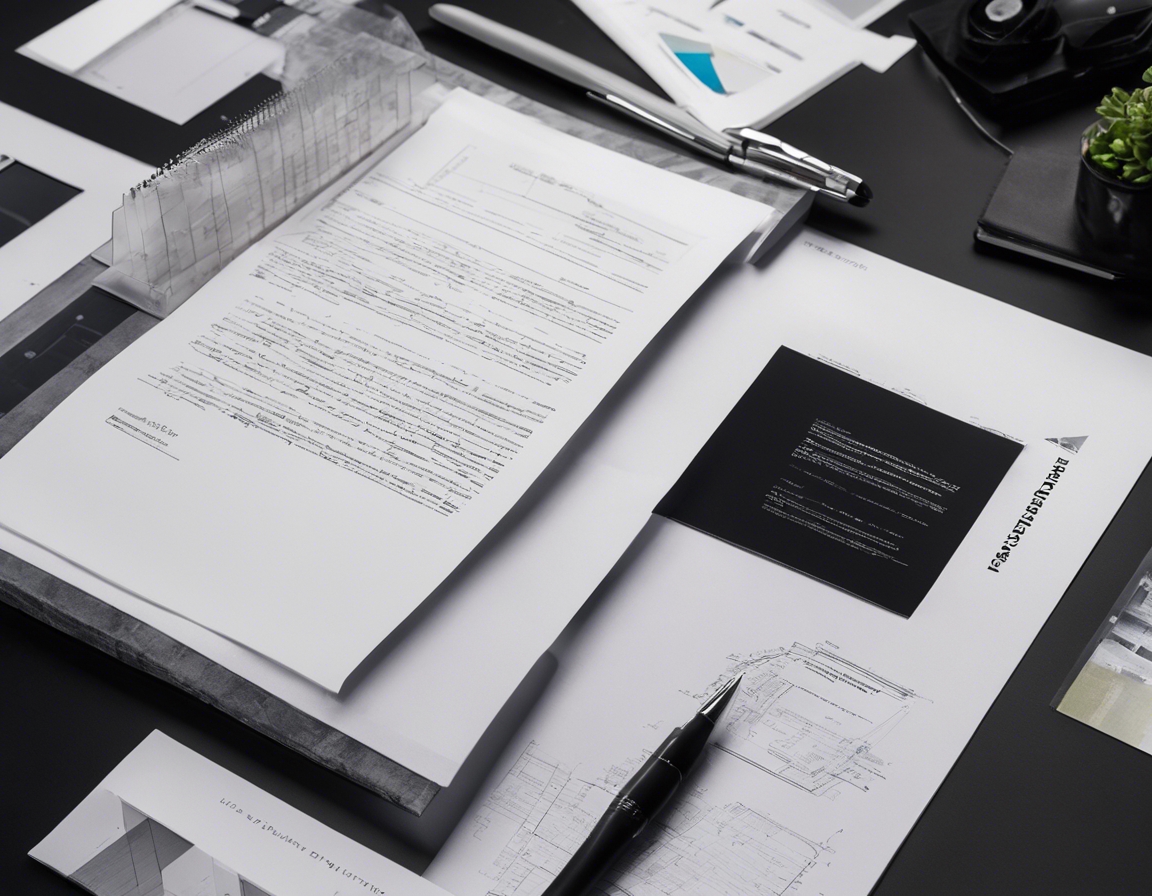The role of expert audits in construction safety
Construction safety is a critical aspect of the building industry, encompassing the policies, procedures, and measures implemented to prevent accidents, injuries, and fatalities on construction sites. It involves a comprehensive approach to managing risks and ensuring the well-being of workers and the public.
Expert audits in construction refer to the systematic examination of safety practices, compliance with regulations, and the effectiveness of safety management systems. Conducted by seasoned professionals, these audits are essential for identifying areas of improvement and ensuring that construction projects adhere to the highest safety standards.
The Importance of Expert Audits in Ensuring Construction Safety
Expert audits play a pivotal role in the early identification of potential hazards that could lead to accidents. By detecting these risks before they manifest into incidents, auditors help to safeguard the construction environment.
Regulatory compliance is non-negotiable in the construction industry. Expert auditors verify that all safety regulations are being followed, helping to avoid legal repercussions and ensuring a safe working environment.
Through their findings, expert auditors provide valuable insights that lead to the enhancement of safety protocols. This proactive approach to safety management contributes to a culture of continuous improvement within the construction sector.
Components of an Expert Safety Audit in Construction
An audit begins with a thorough review of safety documentation and records. This includes examining policies, procedures, training records, and incident reports to assess the current state of safety on a project.
Physical inspections of the construction site are crucial for auditors to observe operations, identify hazards, and evaluate the effectiveness of safety measures in real-time.
Engaging with project stakeholders, including management, workers, and subcontractors, provides auditors with a comprehensive understanding of the safety culture and practices on site.
Best Practices for Conducting Expert Audits
For an audit to be effective, it must be conducted by professionals with the requisite expertise and experience in construction safety. This ensures that the audit is thorough and the recommendations are credible.
A systematic approach to auditing allows for a structured and comprehensive examination of all safety aspects. This includes planning, execution, and follow-up stages to ensure no detail is overlooked.
Expert audits should not be a one-time event but part of an ongoing process of safety enhancement. Continuous improvement ensures that safety measures evolve with changing conditions and new industry standards.





Comments (0)